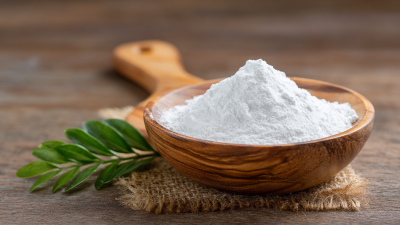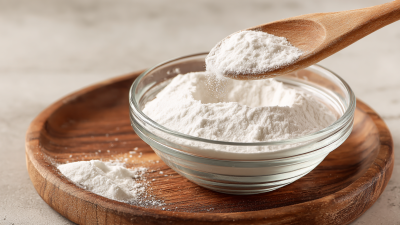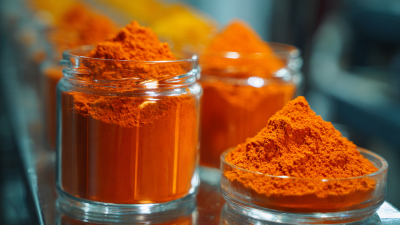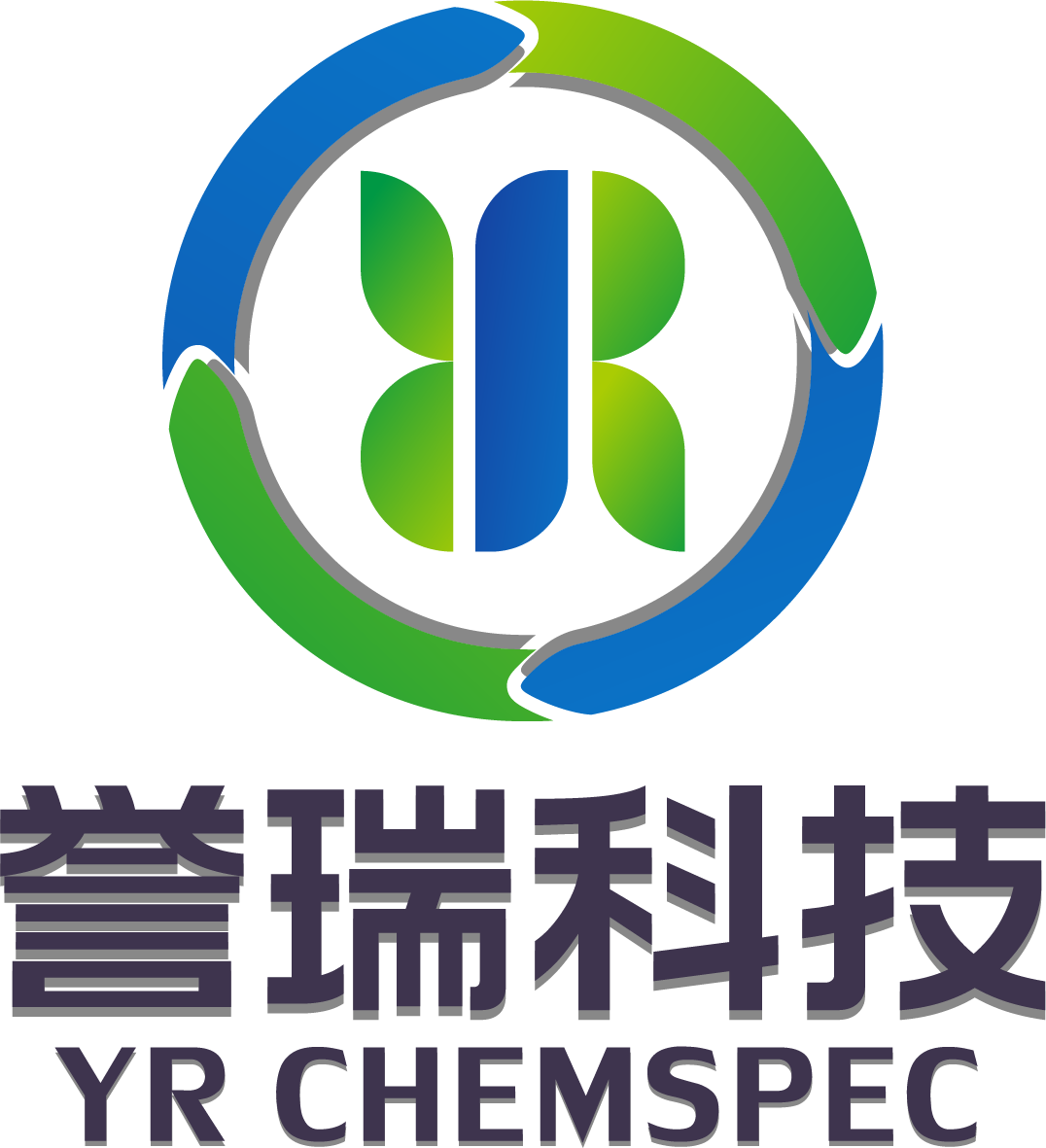Gamma Polyglutamic Acid (γ-PGA) has emerged as a groundbreaking ingredient in the skincare industry, recognized for its remarkable hydrating properties and ability to improve skin health. According to a 2021 report by the International Journal of Cosmetic Science, γ-PGA can hold up to 5,000 times its weight in water, making it a superior moisturizing agent compared to traditional humectants like hyaluronic acid. This unique biopolymer, derived from natural fermentation processes, not only enhances hydration but also promotes skin elasticity and barrier function. As more consumers seek effective, natural solutions for skin care, the demand for gamma polyglutamic acid is projected to increase significantly, with estimates suggesting a growth rate of over 8% in the global skincare market over the next five years. By unlocking the full potential of γ-PGA, brands can offer products that not only nourish the skin but also align with the growing trend towards sustainability and natural ingredients in the cosmetic industry.
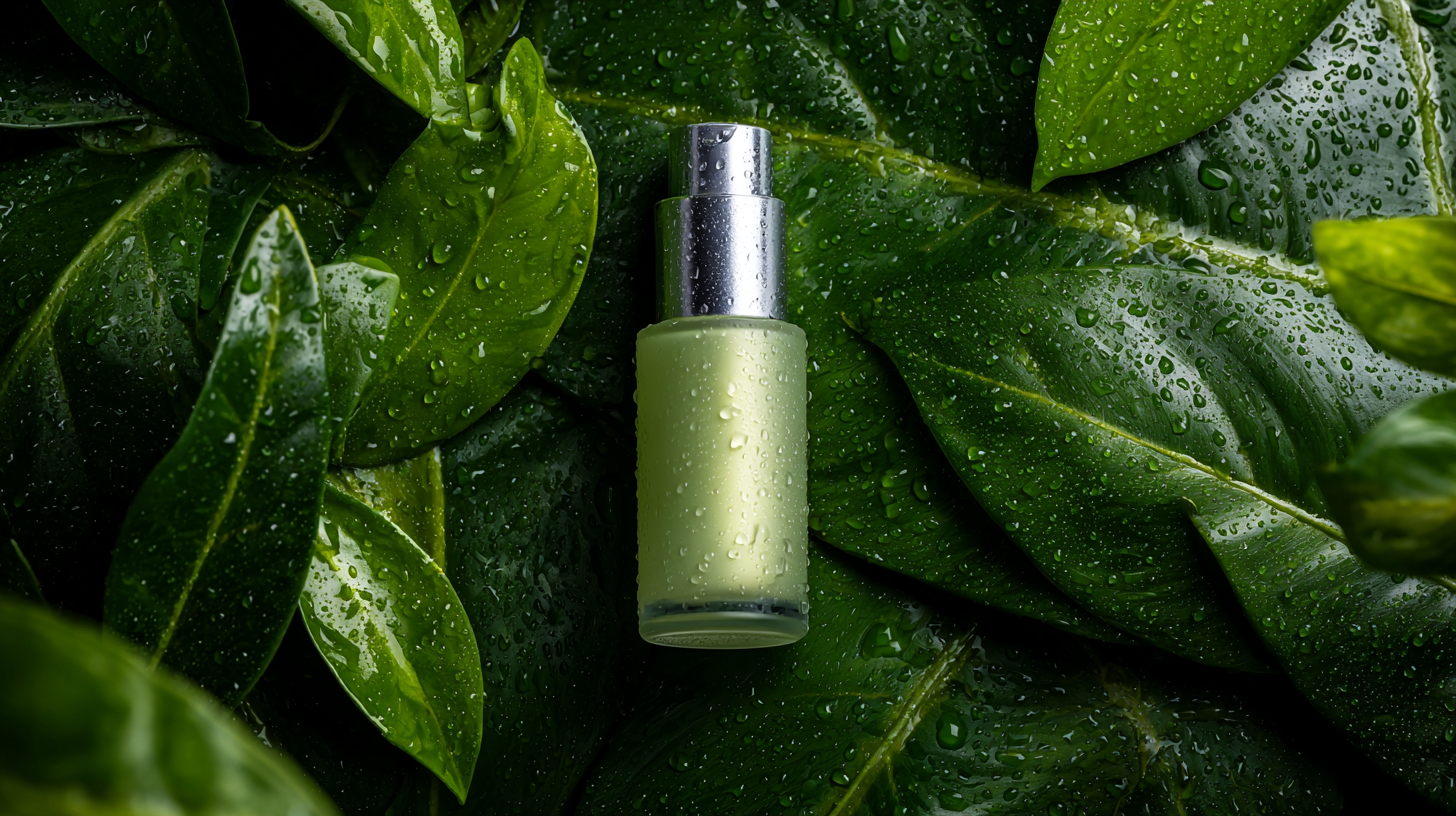
Gamma Polyglutamic Acid (γ-PGA) is gaining significant attention in the skincare industry for its remarkable hydration properties. This naturally occurring polymer, produced through the fermentation of certain bacteria, has shown to hold moisture more effectively than hyaluronic acid, with the ability to retain up to 5000 times its weight in water. As the demand for effective and natural ingredients continues to rise, the global market for gamma polyglutamic acid is projected to expand, particularly in the cosmetics and personal care sectors, where it can serve as a powerful moisturizer and skin barrier enhancer.
According to industry reports, the global market for alpha hydroxy acids, which γ-PGA falls under in terms of functionality, is forecasted to grow from $119.43 million in 2024 to $165.29 million by 2032, highlighting a strong trend towards ingredient innovation within skincare formulations. As consumers seek out products with scientifically backed ingredients, the adoption of γ-PGA is expected to surge. The science behind γ-PGA emphasizes its ability to enhance skin hydration while promoting overall skin health, positioning it as a leading contender among 2022's top active ingredients, such as niacinamide and retinol. The ongoing exploration of its benefits underscores a shift towards incorporating natural, effective components that cater to the diverse needs of modern skincare routines.
Gamma Polyglutamic Acid (γ-PGA) is emerging as a powerhouse ingredient in the realm of skincare, thanks to its remarkable ability to enhance skin hydration. This natural biopolymer, derived from fermented soybeans, boasts exceptional moisture-retaining properties, surpassing even those of hyaluronic acid. According to a study published in the "Journal of Cosmetic Dermatology," γ-PGA can hold up to 10 times more moisture than hyaluronic acid, making it an ideal choice for individuals seeking long-lasting hydration and improved skin texture.
In addition to its hydrating capabilities, γ-PGA has been shown to contribute to skin barrier function. Research indicates that γ-PGA enhances the skin's natural defenses by promoting the production of ceramides, which are crucial for maintaining the skin's moisture barrier. A report from the "International Journal of Cosmetic Science" notes that incorporating γ-PGA into skincare regimens can lead to a 50% increase in skin hydration levels within just two weeks. This makes γ-PGA not only a hydrating agent but also a crucial player in overall skin health, ensuring that skin remains plump, youthful, and resilient against environmental stressors.
This chart displays the various benefits of Gamma Polyglutamic Acid for skin hydration and health, showcasing its impact on moisture retention, elasticity improvement, and overall skin barrier protection.
Gamma polyglutamic acid (γ-PGA) is gaining attention in the skincare industry due to its remarkable hydrating properties and natural sources. This biopolymer, derived primarily from fermented soybeans, is not only a potent humectant but also enhances skin barrier function and elasticity. With its ability to hold water molecules, γ-PGA helps maintain skin hydration, making it an invaluable ingredient in various skincare formulations.
In addition to fermented soybeans, natural sources of γ-PGA can be found in traditional Japanese foods like natto, a dish made from fermented soybeans. This nutritious staple not only benefits health through its rich content of protons, vitamins, and antioxidants but also contributes to skin beauty. Many skincare brands are now incorporating γ-PGA derived from these natural sources into their products, capitalizing on its multifunctional benefits. As consumers increasingly seek out products that harness the power of nature, the inclusion of gamma polyglutamic acid in formulations represents a promising trend in achieving hydrated and radiant skin.
Gamma Polyglutamic Acid (γ-PGA) is a naturally occurring biopolymer that has gained popularity in the skincare world due to its remarkable hydrating properties. Incorporating γ-PGA into your skincare routine can elevate your hydration game and improve skin texture. This ingredient is effective in binding moisture to the skin, making it an essential component for those seeking a plump, youthful complexion. To start, look for serums or creams containing γ-PGA and apply them after cleansing to lock in moisture.
For maximum benefits, combine γ-PGA with other hydrating ingredients such as hyaluronic acid and glycerin. After applying a γ-PGA serum, follow up with a moisturizer that contains these ingredients to enhance hydration further. Additionally, consider incorporating a weekly mask infused with γ-PGA to provide deep hydration and nourishment. By strategically adding γ-PGA to your routine, you can ensure your skin remains hydrated, healthy, and radiant throughout the seasons.

Gamma polyglutamic acid (γ-PGA) has gained recognition in recent years for its impressive moisture-retaining properties, making it a popular ingredient in skincare products aimed at combating dryness. It is a naturally occurring polymer derived from fermented soybeans, traditionally used in Japanese cuisine. As an effective humectant, γ-PGA can inhibit the production of hyaluronidase, the enzyme responsible for breaking down hyaluronic acid in the skin. This function helps in maintaining skin hydration and elasticity, potentially leading to a healthier and more youthful appearance.
However, despite its beneficial properties, it is crucial to consider potential side effects associated with γ-PGA. Some individuals may experience irritation or allergic reactions upon application, especially those with sensitive skin. It is advisable to perform a patch test before incorporating any new skincare product. Consulting with a dermatologist can provide further clarity on whether γ-PGA is an appropriate choice for one’s specific skin type and concerns. Understanding these considerations can help consumers make informed decisions while optimizing their skincare routines.


